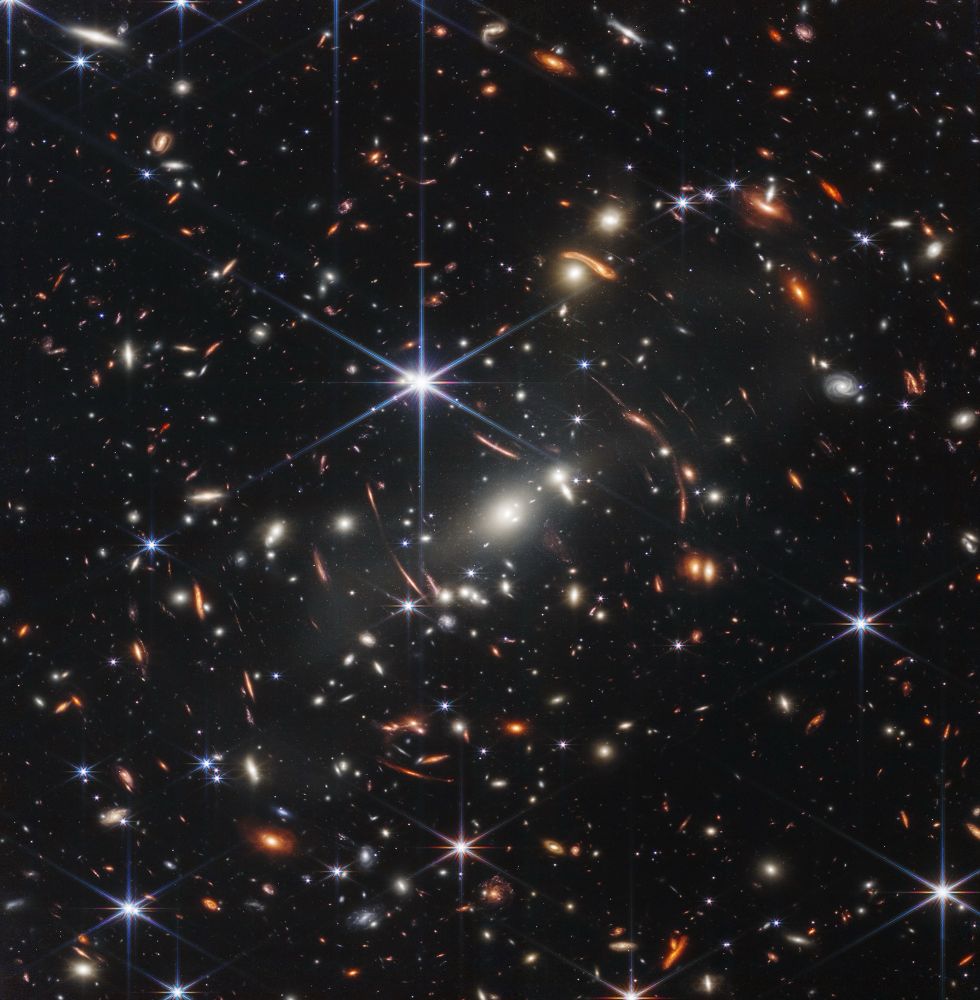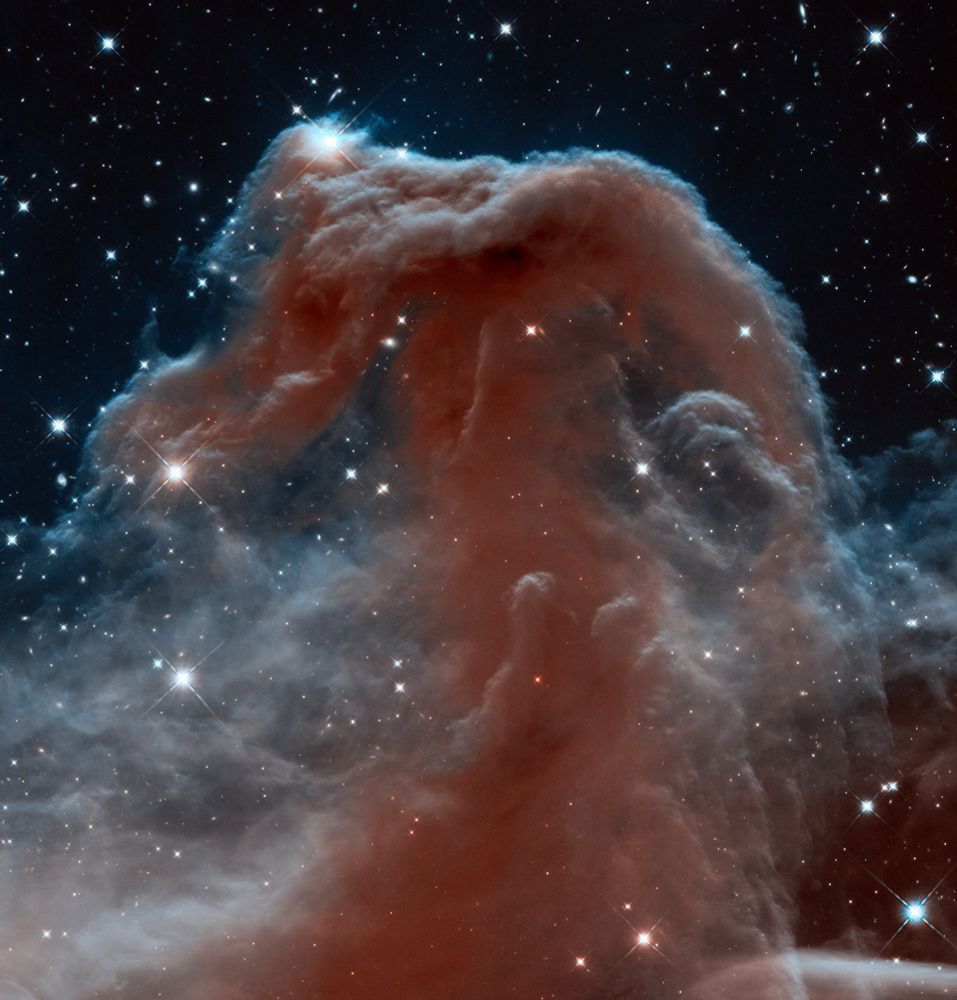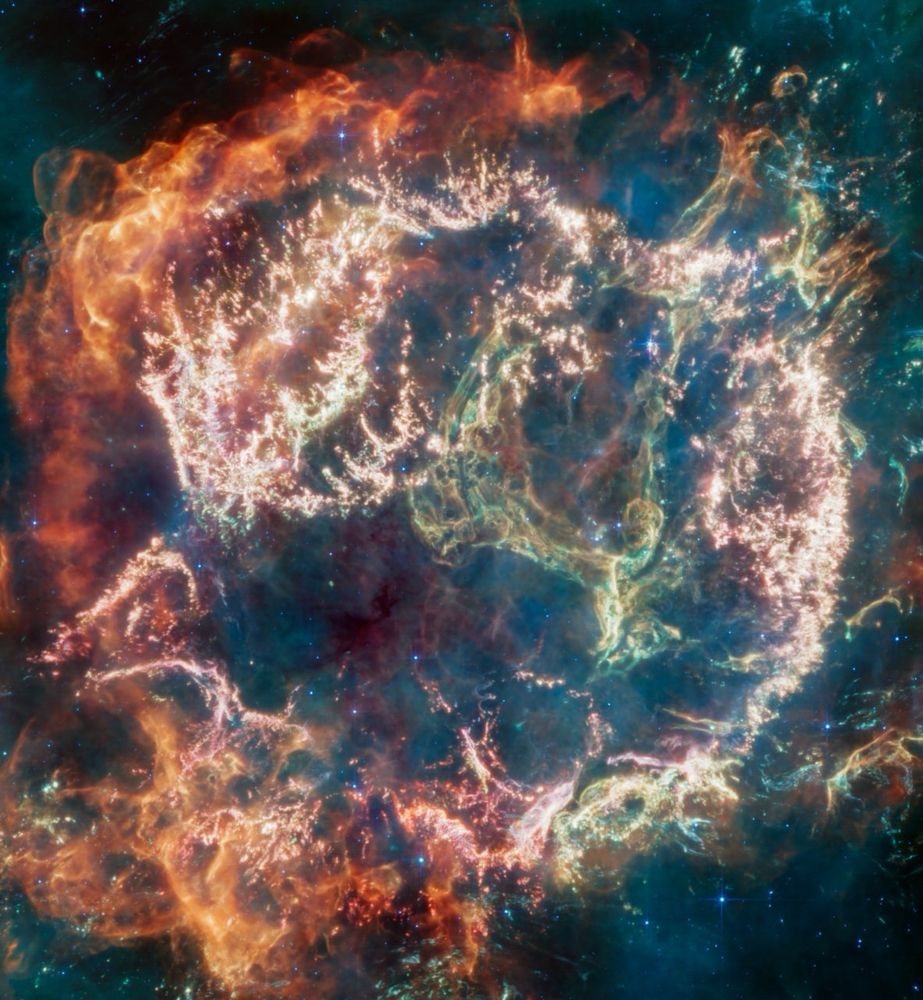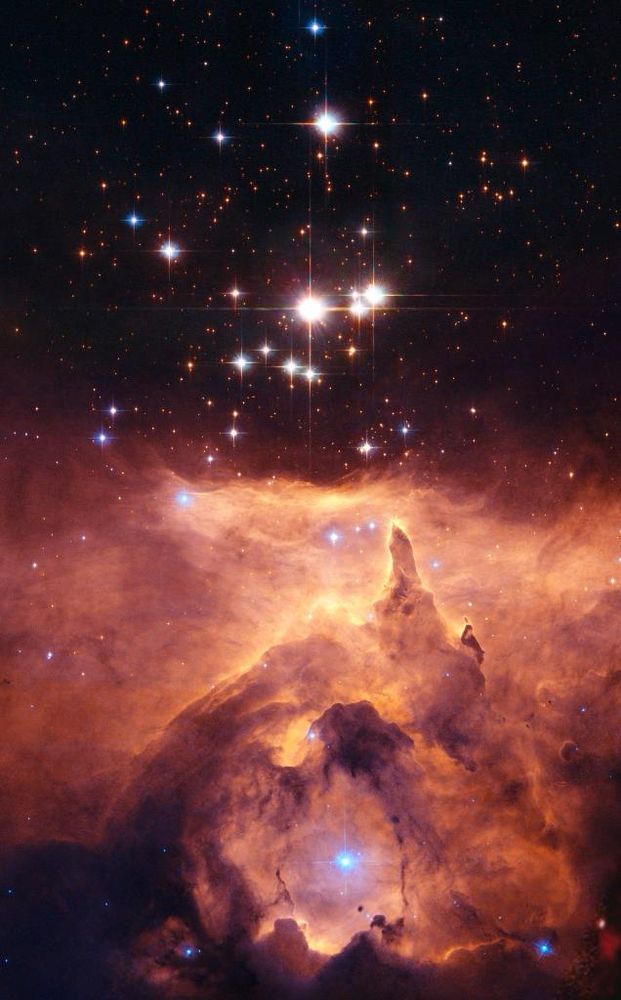I dont know how to tell the people in my life that im drowning. I dont know how to beg someone else for help without my mind trying to tell me that im just attention seeking or that no one cares.
It feels like no one cares. Ive been so strong for so long, clearly I can handle myself right?
I cant.
18.02.2026 16:19 — 👍 0 🔁 0 💬 0 📌 0
- fair to those that love me, those that count on me. People need me. I need them, but I can never bring myself to ask for help.
I need help. I need someone to hold me for a while, tell me it'll be okay. That everything's scary but that they've got me. That im not alone.
I dont know what im doing.
18.02.2026 16:17 — 👍 0 🔁 0 💬 1 📌 0
-fear and the hopelessness will go away but they never do. Im stumbling around in a nightmare of an existence, constantly drowning, with no life raft in view. I have fought my entire life to stay above water, but im tired of fighting. I want the waves to carry me away. But I cant. That wouldnt be-
18.02.2026 16:16 — 👍 1 🔁 0 💬 1 📌 0
-ask them to reassure and comfort me when theyre going through so much themselves. But im being eaten alive by my own mind and soul. I hate myself so much it hurts, every day. Every day I wake up and pray to whatevers listening that it stops. That the weight in my chest will vanish. That the-
18.02.2026 16:14 — 👍 0 🔁 0 💬 1 📌 0
Just need to put this somewhere so my brain stops screaming at me.
The feelings and emotions I have raging inside of me are tearing a hole through my very existence. I feel so alone it fucking burns. I cant reach out to any of my friends. They're all going through so much, it feels wholly unfair to-
18.02.2026 16:13 — 👍 0 🔁 0 💬 1 📌 0
Completely understandable, thank you! I was worried Patreon was giving you a similar issue YouTube was ^^' Super excited for future content, and ofc be sure to rest when you can ♡
03.12.2025 18:37 — 👍 3 🔁 0 💬 0 📌 0
So unbelievable excited for this!!! Also, off topic: Im not sure if I just missed an announcement or something but did you take down your Patreon? I went to go check it and it won't load/when I look up your tag your account doesn't appear
Just curious is all, much love 🪳🖤
03.12.2025 15:39 — 👍 0 🔁 0 💬 0 📌 1
Actually going feral
17.12.2024 23:29 — 👍 0 🔁 0 💬 0 📌 0
GOING FERAL OVER THIS
15.11.2024 00:40 — 👍 1 🔁 0 💬 0 📌 0
Crying this is so beautiful
15.11.2024 00:40 — 👍 2 🔁 0 💬 1 📌 0
This is fucking beautiful
15.11.2024 00:40 — 👍 0 🔁 0 💬 0 📌 0

Arcane Jinx sketch
12.11.2024 21:56 — 👍 5919 🔁 915 💬 16 📌 5

Good morning
13.11.2024 10:01 — 👍 38706 🔁 3484 💬 328 📌 182
Agreed
14.11.2024 16:52 — 👍 2 🔁 0 💬 0 📌 0

The background of space is black. Thousands of galaxies appear all across the view. Their shapes and colors vary. Some are various shades of orange, others are white. Most stars appear blue, and are sometimes as large as more distant galaxies that appear next to them. A very bright star is just above and left of center. It has eight bright blue, long diffraction spikes. Between 4 o’clock and 6 o’clock in its spikes are several very bright galaxies. A group of three are in the middle, and two are closer to 4 o’clock. These galaxies are part of the galaxy cluster SMACS 0723, and they are warping the appearances of galaxies seen around them. Long orange arcs appear at left and right toward the center.

A massive cloud of gas and dust is seen in dark, dusty red, with its outer portions a translucent, ethereal gray. Several stars and distant galaxies are scattered throughout the image.

A circular-shaped nebula with a complex structure. On the circle’s exterior, particularly on the left side of the image, are curtains of material glowing orange like fire. Interior to this outer shell is a ring of mottled filaments in bright pink, studded with clumps and knots. A greenish loop extends from the upper right of the ring into the central cavity. Translucent wisps of blue, green, and red appear throughout the image.

The star cluster Pismis 24 lies within the much larger emission nebula called NGC 6357, located about 8,000 light-years from Earth. The cluster is seen here above a small portion of the nebula. The gas below the stars glows through ionization caused by intense ultraviolet radiation from the massive young stars within the cluster. The strong radiation and stellar winds from from these blazing, blue-white stars also pushes the nebular material outward, creating one of many low-density bubbles within NGC 6357.
once again thinking about the fact that this is all just OUT THERE and we can only see it through the eyes of telescopes
13.11.2024 18:45 — 👍 45958 🔁 3435 💬 477 📌 149

Bilbo sits upright on the living room floor, looking happily into the camera with his massive face. His eyes lit by the sun outside, he says "I am sitting politely"
i am sittign polite
13.11.2024 20:34 — 👍 64537 🔁 2418 💬 627 📌 104
20 || she || 🇦🇷 artist || ☀️🍷🔁 || eng-esp ||
Vgen closed comms!
linktree → https://retgya.carrd.co
🇲🇽🇱🇷 || expect very big men ahead
My linktree: https://linktr.ee/its_coldpizzart
The official "Resistance" team of U.S. National Park Service. Our website: www.ourparks.org
Yelling guy from the internet.
https://linktr.ee/pearlmania500
27 - She/They - married - Artist - Satanist - Lover of horror - a mixture of art and chaos
He/It/Rot
theo <3 ♱ 25 ♱ Self taught artist ♱ Horror fan! ♱ stupid fuck ♱ 🜏
NO AI.
NO MINORS. 🔞
She/Her | Full-time gamer, part-time human | D&D GM | Crafter | Twitch Streamer & Mod | Graphic Designer | CaitVi brainrot | 🏳️🌈 | @luciiiferrr 💙❤️
Graphic Designer, Art History graduate, and aspiring graphic novelist. I make stories, thoughts, and draw.
Minors preferably do not interact.
33. Artist, writer, baby coder. Creating a steampunk series @cogsandoil.bsky.social! They/fae/he.
MDNI! 🔞 Married to @mslazerbeam
https://linktr.ee/skylarsunday
Note: I do not have a Twitter, anyone with my name is an impersonator.
27 | they/he/it/pup | Artist
AAAAAA ILL FILL IN LATER
𝙹𝙰𝙲𝙺 / 𝙲𝚁𝙰𝚆𝙻 ⎻✑ 𝙸𝚃 / 𝙷𝙴 || 𝟸𝟻
𝙸𝙻𝙻𝚄𝚂𝚃𝚁𝙰𝚃𝙾𝚁 ⎻✑ 𝙲𝙴𝙽𝚃𝙸𝙿𝙴𝙳𝙴 𝙻𝚄𝚅𝚁
Indie animation studio making fun, colorful shows with occasional violence and existential breakdowns :D | business@glitchprod.com
Gamer
Metal musician
Cats
he/him / adult
hobby artist
male hysteria enthusiast
hideous ocs/fanart (🔞 sometimes)
Desenho slasher bonito pro RPGBRUTAL
🚫 No AI or NFT
📨 Commissions (OPEN)
Info: https://mayhemsiast.carrd.co/
‼️Find my work
#oc #iwtv #narusasu #arcane
Freelance illustrator - CLOSED
MTG/WOTC/Dragonlance/Taldorei Guide/Critical Role/ and private work
@BlackSalander
merch and info in my site: https://caiosantosart.com/






